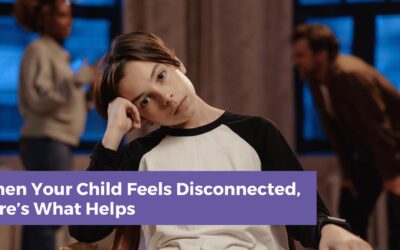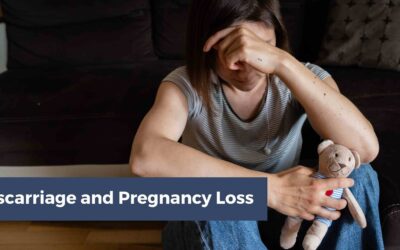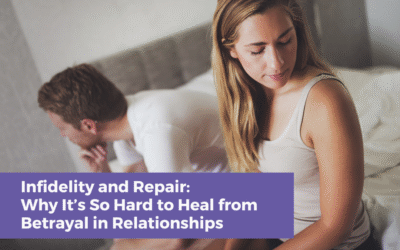When is couples therapy not suitable?
You’ve taken the first step in working on your relationship. That’s great. Maybe you’re excited about rekindling your relationship. Or perhaps you’re looking to repair some hurt. Couples therapy can be a valuable step towards this.
All couples can struggle with rough patches spanning weeks or even years. Couple therapy is a highly effective therapeutic approach that can help couples regain that lost connection. However, whilst incredibly beneficial for some couples, it may not be suitable for everybody at all stages of their life or their relationship.
There are a number of reasons that a therapist may choose not to continue working with a couple, or upon assessment or intake forms, decide that couples therapy is not the right intervention at this time. Some of those reasons can include:
Ongoing Affairs:
Trust is a crucial component of couples therapy. Active infidelity can undermine the therapeutic process, making it difficult to build or rebuild trust between partners.
Ongoing Violence:
Safety is paramount in any therapeutic setting. If there is ongoing physical, emotional, or psychological violence, couples therapy may not be safe or effective. Individual therapy or specialised intervention for domestic violence is typically recommended first.
Substance Abuse:
When one or both partners are actively abusing substances, it can impair their ability to engage fully in the therapeutic process. Substance abuse needs to be addressed through appropriate treatment before or alongside couples therapy.
One Partner Not Wanting to Participate:
Effective couples therapy requires the voluntary and active participation of both partners. If one partner is unwilling or coerced into attending, the therapy is unlikely to be productive.
Secrets and Lies:
Transparency and honesty are fundamental to the success of couples therapy. Persistent secrecy or dishonesty can prevent meaningful progress and undermine the therapeutic alliance.
Conflict of Interest with the Therapist:
A conflict of interest, such as a pre-existing relationship with the therapist, can compromise the objectivity and neutrality necessary for effective therapy. In such cases, finding a different therapist is essential to maintain professional boundaries and trust.
Severe Mental Illness or Untreated Mental Illness:
Untreated or severe mental health conditions can significantly impact an individual’s ability to participate in and benefit from couples therapy. These conditions must be managed with appropriate individual therapy and/or medication before engaging in couples therapy.
If your relationship is currently dealing with one or more of these issues your therapist will try and communicate as much information as possible to help you find the most appropriate service to seek help. This ensures that you receive the best support tailored to your current situation and needs.
At The Therapy Hub, we have a comprehensive intake process designed to support couples in finding the right fit and accessing appropriate support if we are unable to provide it. We offer numerous resources on our website, Marie Vakakis’ YouTube channel, and This Complex Life podcast.
While completing the paperwork can be time-consuming, it allows us to conduct a thorough assessment. This process is particularly paperwork-heavy for marathon sessions and must be completed several weeks before your appointment. This ensures the therapist has ample time to review the documentation, plan for your session, and make alternative recommendations if marathon sessions are not suitable for you at this time.
In addition to our couples therapy resources, we offer a “Get Ready for Therapy” journal, available for download, which can be very helpful for individual work.
By Marie Vakakis
Marie Vakakis is a skilled therapist at The Therapy Hub, and mental health educator who helps couples build trust, commitment, and meaningful rituals of connection. Her compassionate approach supports couples in deepening their bonds and creating fulfilling relationships.
When Your Child Feels Disconnected, Here’s What Helps
When Your Child Feels Disconnected, they may withdraw or doubt themselves. Learn simple ways to rebuild connection and support their sense of belonging.
Miscarriage and Pregnancy Loss
Miscarriage and pregnancy loss bring silent grief. Learn how loss impacts the mind, body, relationships, and how therapy offers support and healing.
Infidelity and Repair: Why It’s So Hard to Heal from Betrayal in Relationships
Infidelity is painful and complex. Learn why healing is so hard, how couples can repair, and the role shame plays in recovery.











Recent Comments